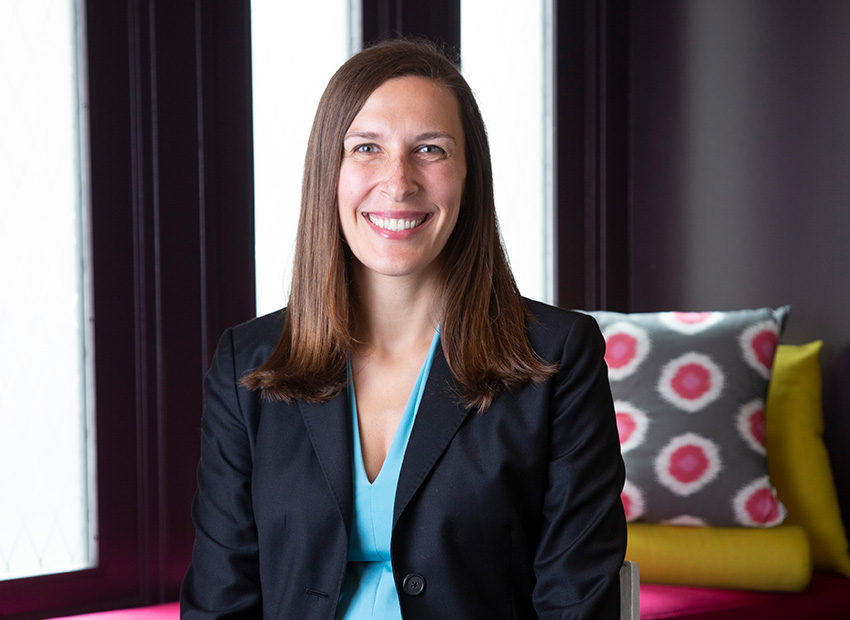What to Consider if You’re Reapplying to Medical School
Let’s start by stating the obvious: Applying to medical school is very competitive.
Less than half of medical school applicants are admitted in an application year. If you were not admitted, it can be hard to figure out how to move forward. The very first question to ask yourself is: Do I still want to be a doctor? I want you to sit with that question for a while and be brutally honest with yourself. There are many ways to have a career in the healthcare field that do not include medical school.
Next, before making your final decision, you need to take a critical eye to your application and identify its strengths and weaknesses. It can be hard to be objective and that is where your pre-health advisor at your undergraduate college can be helpful.
Once you have determined the areas of weakness, come up with a plan to improve them. It is crucial to show growth in your next application. That means you should not apply in two consecutive years. It will take time—more than you had hoped—and there are no guarantees that your hard work will pay off with an acceptance. To get you started, here are some common areas of weakness in applicants:
MCAT Score
If you need to improve your MCAT score, it is ideal to take the exam before April of your application year. Be sure to dedicate a significant amount of time to studying. There are free resources like Khan Academy or you can sign up to work with a test prep expert who can identify areas of improvement and work with you on study skills and testing strategy.
Science GPA
This is the most difficult to improve. If you have since graduated from college, you now have two more semesters of grades. Were those grades strong enough to increase your GPA? Do you need to retake classes where you have a C or enroll in a record enhancing post-bacc program?
Clinical Experiences
Some applicants do not have substantial experience in the clinical environment. Medical schools are clear about just how important that experience is to an application. If you are unable to articulate your understanding of health care and patient care as well as your drive/passion for medicine in a convincing way, you will be at a disadvantage.
Primary and secondary applications
It is vitally important to submit your application early. The AMCAS verification queue gets backlogged quickly, leading to multi-week wait times for verification. Medical schools do not send out their own secondary applications until after the AMCAS application is verified. Once you receive secondary applications, complete them in a timely matter to get in the admissions review queue.
Med School List
As you build your new medical school list, review MSAR to see average MCAT and GPA scores, mission statements, in-state vs out-of-state admission rates for public schools, and much more. It may be a good idea to limit your medical school list to reflect the reality of the volume of work and to focus on schools whose missions fit with your experiences. It is best to include your home state’s medical schools and avoid out-of-state medical schools with low out-of-state acceptance rates. If possible, ask your pre-health advisor to review your medical school list.






